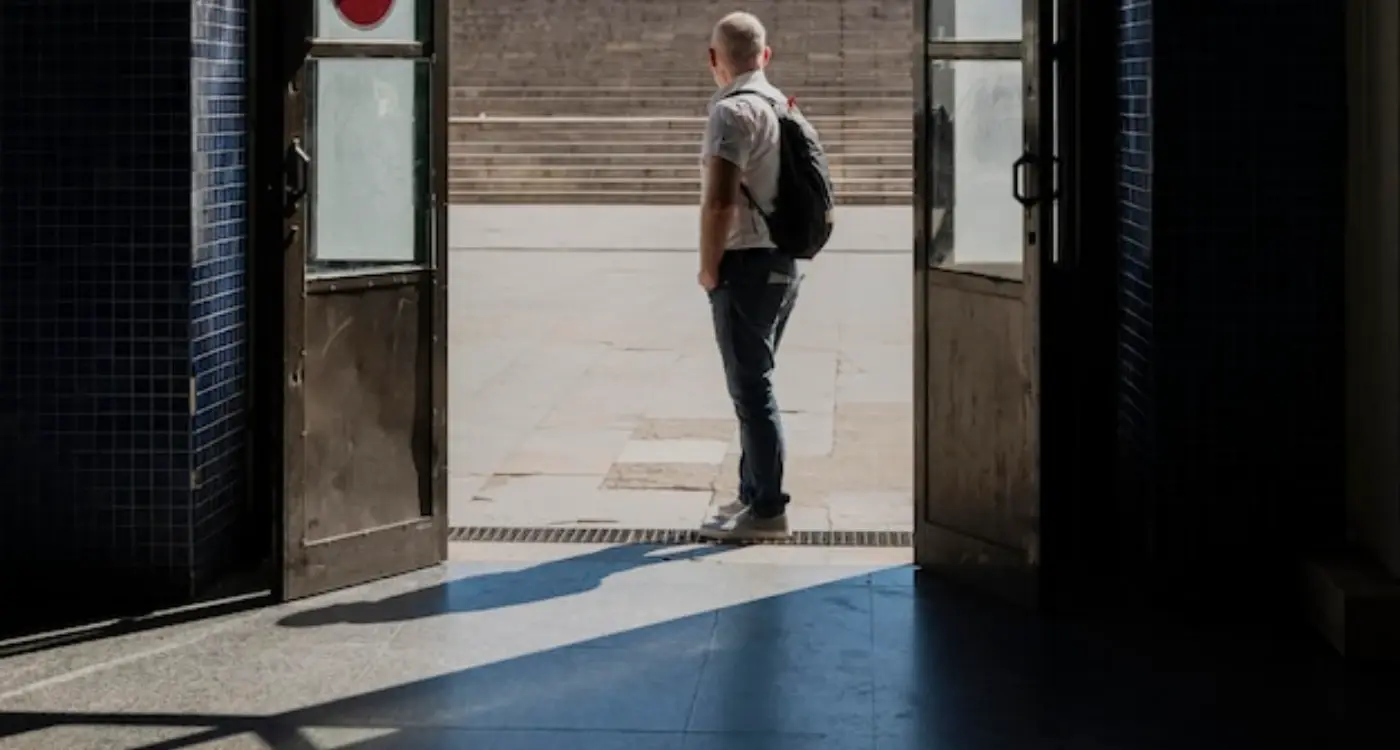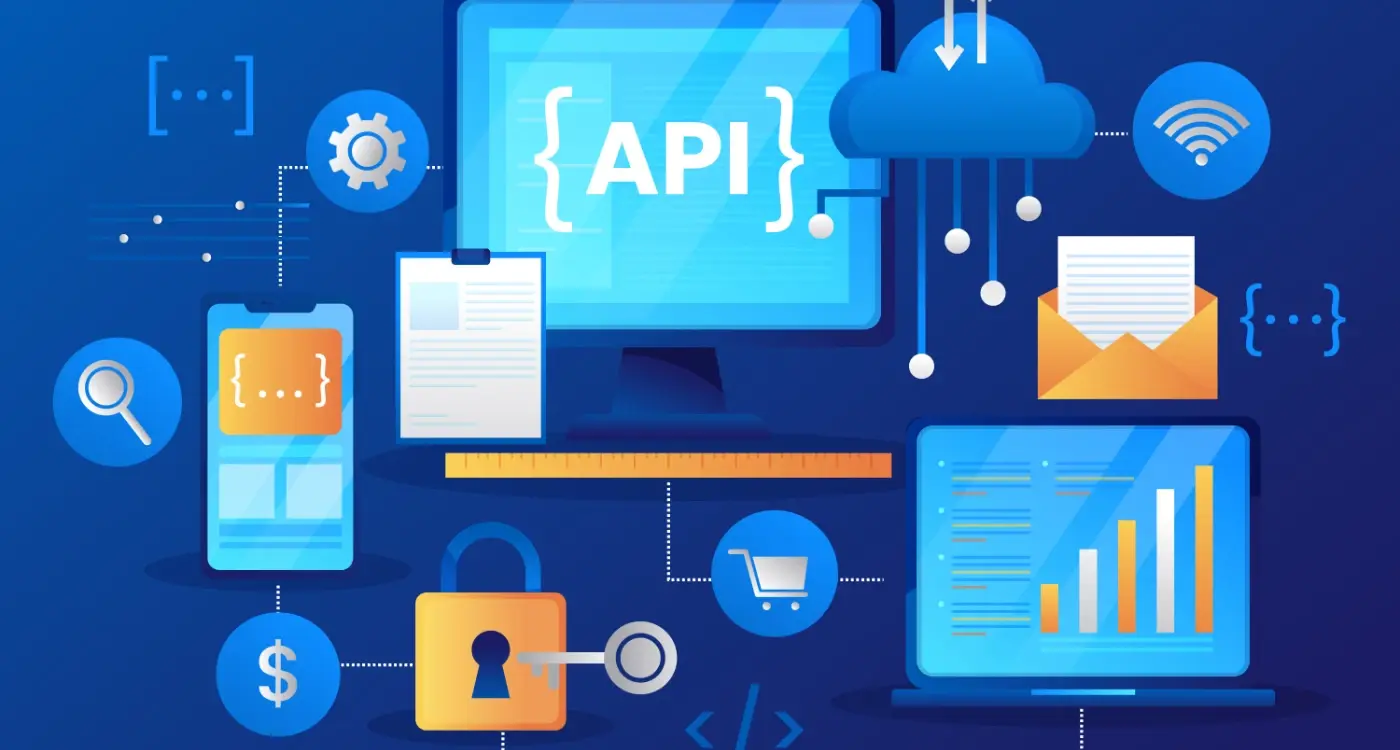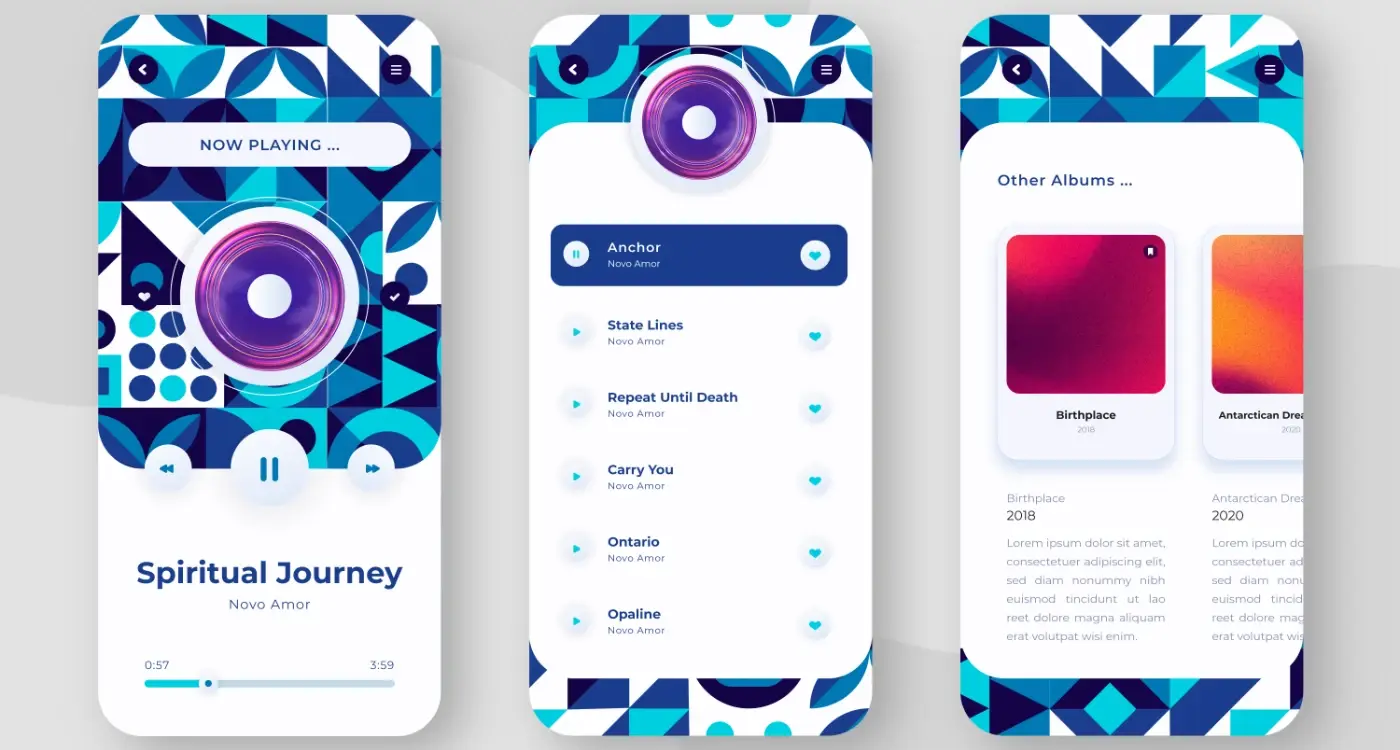How Do You Handle Third-Party IP Claims Against Your App?
What would you do if you woke up tomorrow to find a legal letter claiming your app infringes someone else's intellectual property? It's a scenario that keeps many app developers and business owners on edge—and frankly, it should. After building apps for over eight years, I've seen talented developers get blindsided by IP claims that threatened to shut down their entire operation. The thing is, these situations are becoming more common as the app marketplace gets crowded and patent trolls become more aggressive.
Third-party IP claims against mobile apps aren't just legal technicalities you can ignore. They're real business threats that can result in your app being removed from stores, hefty financial settlements, or worse—complete shutdown of your project. I've worked with clients who've faced everything from trademark disputes over app names to complex patent infringement cases involving core functionality. The stress is real, but so is the path through it.
The best defence against IP claims isn't just having good lawyers—it's understanding the landscape before you need them and having a clear action plan when trouble arrives.
Here's what many people don't realise: how you respond in those first few days after receiving a claim can make or break your entire defence strategy. Panic leads to mistakes, but knowledge leads to smart decisions. Whether you're dealing with a legitimate concern from another developer or facing down a frivolous claim from a patent troll, the principles remain the same. You need to act quickly, think clearly, and understand your options before making any moves that could cost you your business.
Understanding What Constitutes an IP Claim
Right, let's get straight to the point—intellectual property claims in the app world aren't always as clear-cut as people think. I've seen developers panic over baseless threats and others completely ignore legitimate concerns until its too late. Understanding what actually counts as a valid IP claim is your first line of defence.
There are three main types of IP claims you'll encounter as an app developer. Patent claims are probably the trickiest—someone might say your app's functionality infringes on their patented method or process. Copyright claims usually involve visual elements, code, or content that allegedly belongs to someone else. Trademark disputes? They're often about app names, logos, or even colour schemes that are supposedly too similar to existing brands.
What Makes a Claim Worth Worrying About
Not every angry email claiming you've "stolen" their idea constitutes a real IP claim. A legitimate claim needs to be specific—vague threats like "you copied our concept" don't hold water legally. The person making the claim needs to actually own the IP they're defending; demonstrate how your app infringes on their rights; and provide evidence of their ownership.
Here's what actually matters when evaluating a claim:
- Documentation proving they own the IP in question
- Specific examples of how your app allegedly infringes
- Registration numbers for patents, trademarks, or copyrights
- Clear identification of which features or elements are disputed
- Jurisdictional relevance—their IP rights need to apply where your app operates
The key thing to remember is that ideas themselves can't be copyrighted or trademarked. Just because someone had a similar app concept doesn't automatically give them grounds for a claim. But when someone presents proper documentation and specific allegations? That's when you need to take things seriously and start planning your response carefully.
Immediate Steps When You Receive a Claim
Right, so you've just opened your inbox and there it is—a third-party IP claim sitting there like an unwelcome surprise. Your heart rate probably just doubled, and honestly? That's completely normal. I've seen this happen to clients more times than I'd like to count, and the first thing I always tell them is: don't panic, but also don't ignore it.
The clock starts ticking the moment you receive that claim. Most IP disputes have specific response timeframes, and missing these deadlines can seriously damage your position. Your first move should be documenting everything—screenshot the claim, save all emails, and create a file specifically for this dispute. I mean everything; even seemingly minor details can become important later.
Next, you need to assess what type of claim you're dealing with. Is it a copyright issue about your app's design or content? A trademark dispute over your app name or logo? Or perhaps a patent claim about your app's functionality? Each type requires different handling, so understanding the specifics matters. Don't try to evaluate the claim's validity yourself at this stage—that comes later.
Stop all marketing activities and new feature releases immediately until you understand the scope of the claim. The last thing you want is to make the situation worse by expanding potentially infringing activities.
Contact your legal team or find an IP lawyer if you don't have one yet. Yes, legal fees are expensive, but they're nothing compared to what a mishandled IP dispute can cost you. Some claims are straightforward misunderstandings that can be resolved quickly; others might threaten your entire business model. You won't know which category you're in without proper legal guidance, and frankly, it's not worth the gamble.
Evaluating the Validity of the Claim
Right, so you've received an IP claim and you've done all the immediate damage control stuff. Now comes the really important bit—working out if this claim actually has any teeth or if it's just someone trying their luck.
I'll be honest, this is where things get a bit technical and you might need some proper legal help. But there are some basics you can check yourself first. Start by looking at exactly what they're claiming you've infringed. Is it a patent, copyright, trademark, or trade secret? Each one has different rules and different ways to challenge them.
Key Questions to Ask Yourself
For patents, you need to check if their patent is actually valid and if your app really does what their patent describes. Just because something sounds similar doesn't mean it's the same thing legally. I've seen plenty of overly broad patent claims that fall apart when you look at the actual technical details.
- Does their patent or copyright actually cover what your app does?
- When was their IP registered and when did you develop your features?
- Can you prove independent development of your features?
- Are there prior examples of this functionality in other apps or software?
- Is their IP still valid and up to date with renewals?
For copyrights, look at whether you actually copied their work or if you developed something independently that just happens to be similar. Independent creation is a proper defence for copyright—you can't infringe something you never saw.
Trademarks are usually about names, logos, or distinctive features that might confuse users about which company made what. If your app name or branding is genuinely similar to theirs and you're in the same market, they might have a point.
Don't rush this evaluation. Take your time, gather all your development records, and be brutally honest about whether their claim might be legitimate.
Working with Legal Professionals
Right, let's talk about getting the right legal help—because honestly, trying to handle IP claims on your own is like performing surgery with a butter knife. You need specialists who understand both intellectual property law and the mobile app industry. Not all lawyers are created equal, and you definitely want someone who's dealt with app-related IP disputes before.
When I'm helping clients find legal representation, I always look for lawyers who have experience with software patents, trademark disputes in the tech space, and ideally some background with app store policies. The last thing you want is a generalist lawyer learning about mobile development while your case is ticking away. Ask potential lawyers about their recent IP cases—specifically ones involving mobile apps or software. If they start talking about property disputes or divorce cases, keep looking!
What to Expect from Your Legal Team
A good IP lawyer will start by reviewing the claim thoroughly and giving you an honest assessment of your position. They should explain the strength of the claimant's case, your potential defenses, and the likely costs involved. This isn't the time for sugar-coating—you need straight talk about your options.
The best IP lawyers don't just fight battles; they help you avoid wars altogether by building stronger defensive strategies for your business
Your legal team should also help you understand the broader implications beyond just this one claim. Are there other potential vulnerabilities in your app? Could this claim signal more disputes coming your way? Good lawyers think strategically about protecting your entire business, not just resolving the immediate problem. And here's something many people don't realise—sometimes the best legal advice is to settle quickly and move on, even when you think you're in the right.
Negotiating Settlements and Licensing Deals
Right, so you've evaluated the claim and your legal team has given you the full picture. Sometimes—actually, quite often—the best path forward isn't a courtroom battle but a negotiated settlement. I've seen countless cases where this approach saved both time and money, not to mention the headache of prolonged litigation.
Settlement negotiations can feel a bit like walking a tightrope. You're trying to balance what you can afford to pay against what the claimant is willing to accept; all while keeping your app running and your users happy. The key thing to remember is that settlements aren't admissions of guilt—they're business decisions.
Licensing as an Alternative Solution
Sometimes the best outcome is actually a licensing deal. I've worked with clients who turned potential disasters into ongoing partnerships this way. Instead of paying a lump sum to make the problem go away, you might negotiate ongoing royalties or a licensing fee that lets you keep using the disputed technology legally.
The maths here can be quite interesting. A licensing deal might cost more over time, but it gives you certainty and often comes with additional benefits like access to future improvements or related IP. Plus, if your app becomes hugely successful, the original terms might look like a bargain.
Getting the Best Deal
Your negotiating position depends heavily on the strength of their claim and your app's success. If you're generating serious revenue, expect them to ask for more. But don't forget—they want to avoid costly litigation too. Most claimants would rather have a guaranteed settlement than roll the dice in court, especially if your legal team has identified weaknesses in their case.
The goal is finding that sweet spot where both parties can walk away feeling like they've won something.
Defending Against Frivolous Claims
Not all IP claims are created equal—and frankly, some are complete nonsense. I've seen apps get hit with claims that would make you laugh if they weren't so bloody expensive to deal with. Patent trolls love targeting successful apps with vague, overly broad patents that shouldn't have been granted in the first place.
The key is spotting these frivolous claims early. Does the claim cite a patent from the 1990s for something like "displaying information on a screen"? Are they demanding an unreasonable settlement amount that's clearly designed to be cheaper than fighting? These are red flags that you're dealing with someone who's more interested in quick cash than protecting legitimate intellectual property rights.
Building Your Defence Strategy
When you're confident a claim is frivolous, don't just roll over and pay up. Document everything about your app's development process; show that your features were independently developed or are based on well-established industry practices. Prior art searches can be your best friend here—often these bogus patents have been invalidated before or there's clear evidence they never should have been granted.
Keep detailed development logs and version histories for your app. This documentation becomes invaluable evidence when proving your features were developed independently, especially against patent trolls who claim you've infringed on their vague, overly broad patents.
Sometimes the best defence is a good offence. If you're dealing with serial claimants or patent trolls, consider joining forces with other developers who've received similar claims. There's strength in numbers, and legal costs can be shared when fighting back against these parasitic practices that harm genuine innovation in the mobile industry.
Preventing Future IP Disputes
Look, I'll be honest—dealing with IP claims isn't fun, and it's definitely not cheap. After handling dozens of these situations over the years, I can tell you that prevention is worth its weight in gold. The good news? Most IP disputes are completely avoidable if you know what you're doing.
The biggest mistake I see developers make is treating IP clearance as an afterthought. They'll spend months perfecting their apps functionality, then do a quick Google search to check if the name is taken. That's not how this works! You need to bake IP protection into your development process from day one.
Start with Proper Documentation
Keep detailed records of your development process. I mean everything—concept sketches, wireframes, code commits, design iterations. If someone claims you copied their idea, you'll need proof of your independent creation. Date stamps matter here; version control systems like Git are your best friend because they create an unalterable timeline of your work.
Document your inspiration sources too. If you're influenced by existing apps or design patterns, note that down. It shows you were being thoughtful about existing work, not blindly copying.
Conduct Regular IP Audits
Don't just check for conflicts once and forget about it. The IP landscape changes constantly—new patents get filed, new trademarks get registered, and new apps launch every day. Set up Google Alerts for your app name and key features. Monitor trademark databases quarterly. It sounds tedious, but it's much cheaper than fighting a lawsuit later.
Also, educate your whole team about IP risks. Make sure everyone understands they cant just grab images from Google or copy code snippets without checking licenses. A single careless decision can create massive headaches down the line.
Conclusion
Dealing with third-party IP claims isn't something you wake up hoping to tackle, but honestly? It's just part of running an app business these days. I've seen clients panic when that first cease and desist letter arrives—and I get it, its scary. But here's what I've learned after handling dozens of these situations: most IP disputes can be resolved without destroying your business or your sanity.
The key is responding quickly but not rashly. Take those claims seriously, get proper legal advice, and don't try to handle complex IP infringement claims on your own. I mean, you wouldn't perform surgery on yourself, right? Same principle applies here. A good IP lawyer will save you money in the long run, even if their hourly rate makes you wince initially.
Remember that not every claim has merit—I've seen plenty of frivolous demands from patent trolls who are fishing for quick settlements. But legitimate claims need proper attention; ignoring them won't make them disappear, and can actually make your situation much worse. The goal is finding a solution that lets you keep operating whilst respecting other people's intellectual property rights.
Prevention really is better than cure when it comes to app IP disputes. Build good habits around IP clearance from day one; do your trademark searches, avoid copying other apps too closely, and document your development process. It's a bit of extra work upfront, but it saves massive headaches later. Trust me on this one—I've never had a client complain about being too careful with IP protection!
Share this
Subscribe To Our Learning Centre
You May Also Like
These Related Guides

What Happens to Your IP When Developers Leave Your Project?

How Do You Licence APIs for Your Mobile Application?



